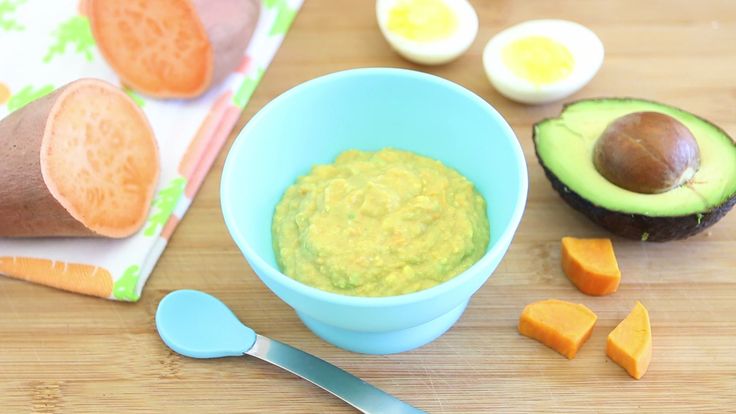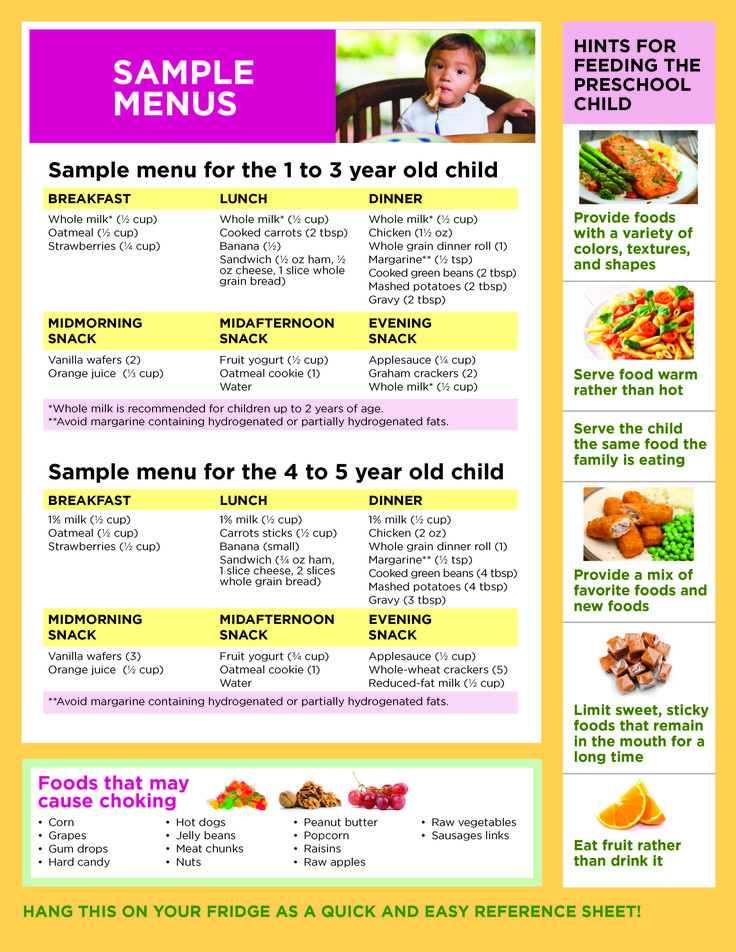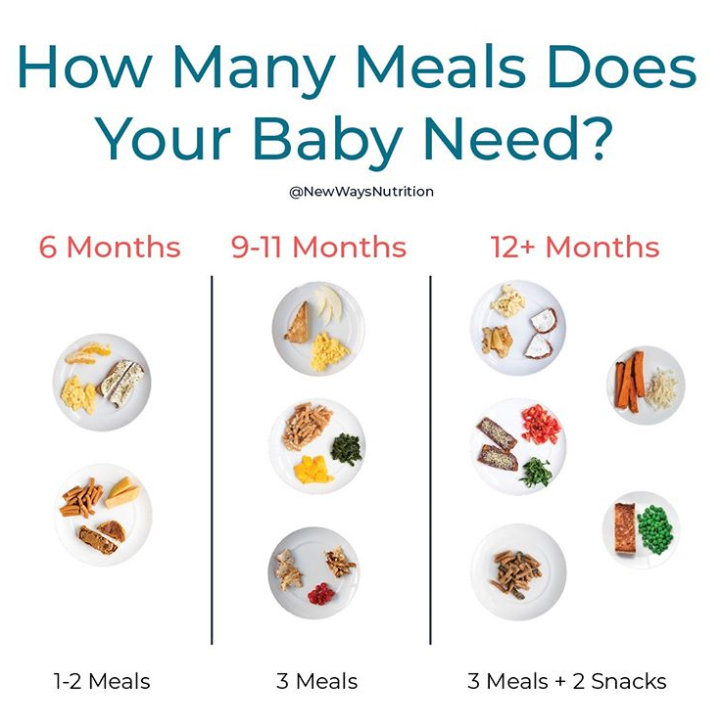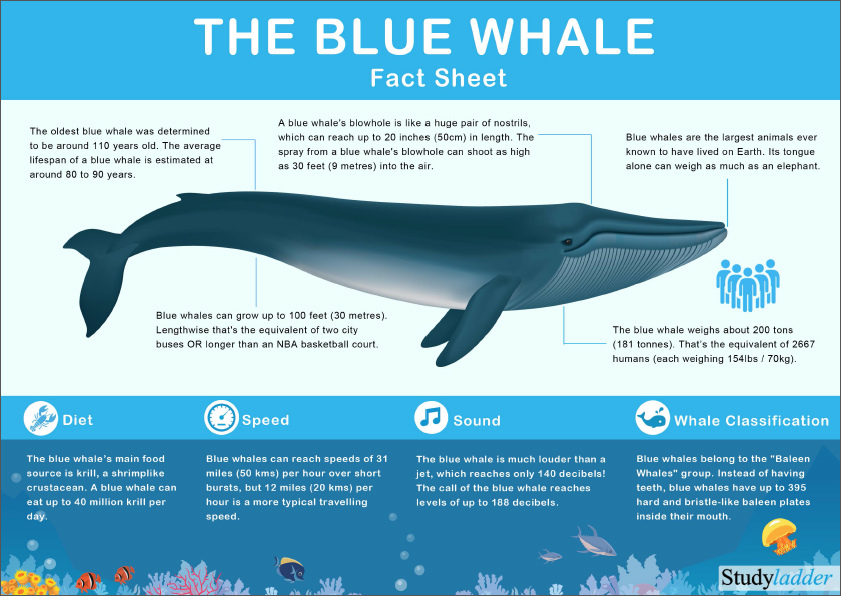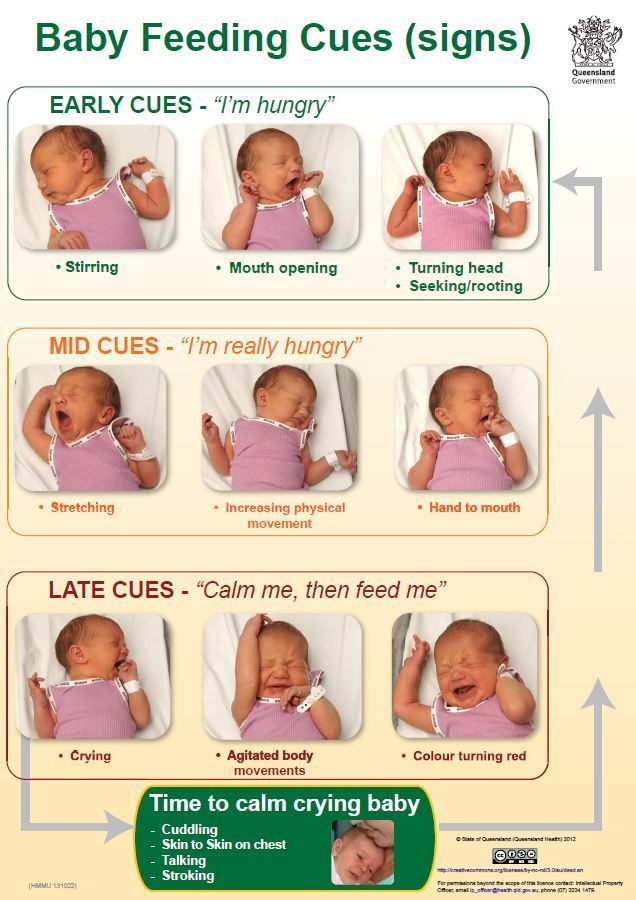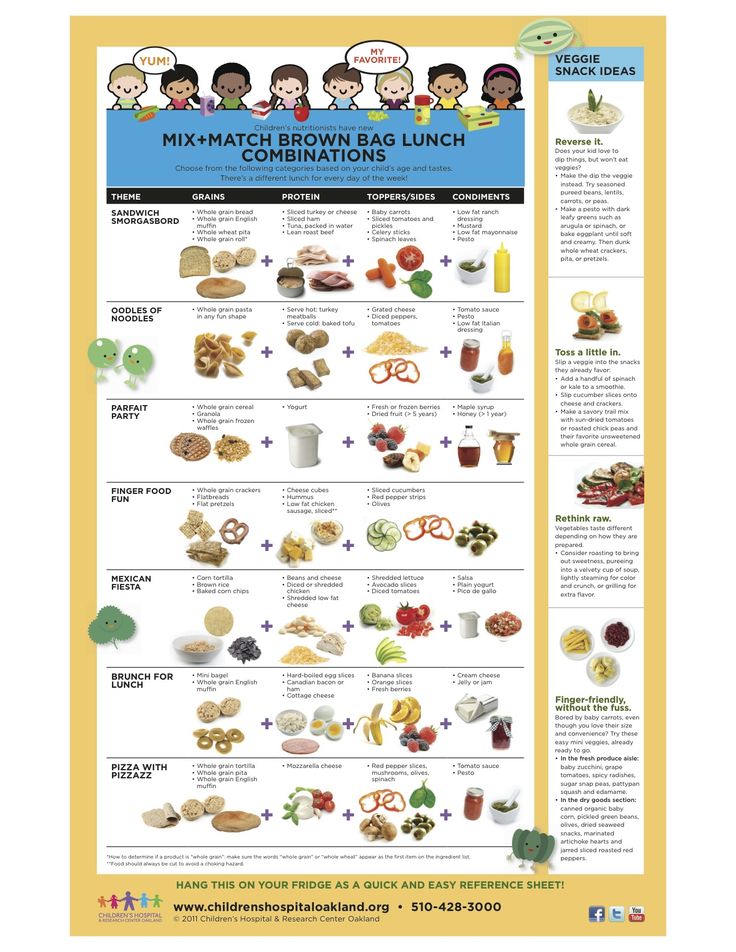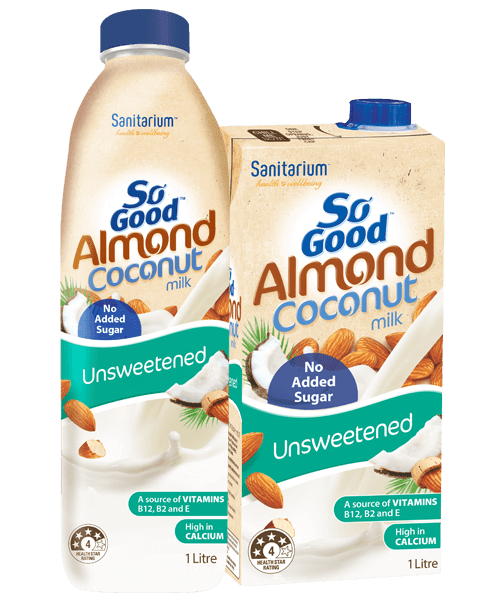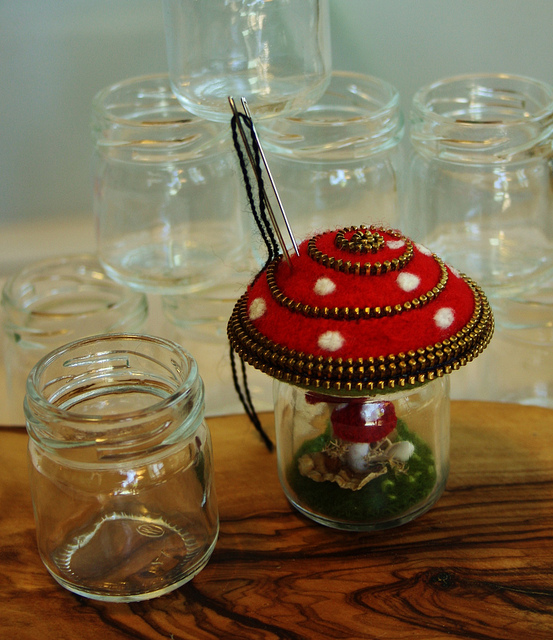Baby food egg yolk
Egg Yolks For Babies — Oh Baby
Written By Carley Mendes
While I believe in eating whole foods, I prefer to feed younger babies egg yolks only. Their stomachs are small, so whatever food they eat should be as nutrient dense as possible. Egg white omelets were the rage for a while, but the truth is: nutritionally speaking, egg yolks trump whites. The whites have mostly protein, sodium and potassium, but the yolk is where the most beneficial nutrients are found. They are stocked with B vitamins, healthy fats, choline, and the harder to obtain fat-soluble vitamins A & D. Also, allergies and sensitivities to the proteins found in egg white are much more common.
Dear cholesterol, I know it’s not your fault. You were only trying to help.
The cholesterol in eggs and other foods has been heavily demonized, but the role that cholesterol plays in our health has been gravely misunderstood.
Most modern diseases are brought about by chronic inflammation. Not the kind that occurs after an injury, but the kind that is happening at a cellular level. The suspected culprits of this inflammation are smoking, processed food, pollution, and stress. One of the biggest dietary contributors is our imbalance of omega-6 fats (inflammatory) to omega-3 fats (anti-inflammatory) due to industrial seed oils like vegetable and canola.
This inflammation causes damage to our arteries and our bodies try to heal and repair by using cholesterol to patch the damage. The more damage that continues to occur, the more cholesterol our bodies use to line the inside of our arteries with, causing atherosclerosis. Unfortunately, cholesterol is found at the scene of the crime “clogging” the arteries, when it was actually used by our bodies as a defense mechanism against damage. We are then prescribed low cholesterol diets, which is clearly a misdirected prescription.
Babies need cholesterol
Mother Nature provides babies with the perfect food: breast milk, with all of the essential nutrients infants need to thrive.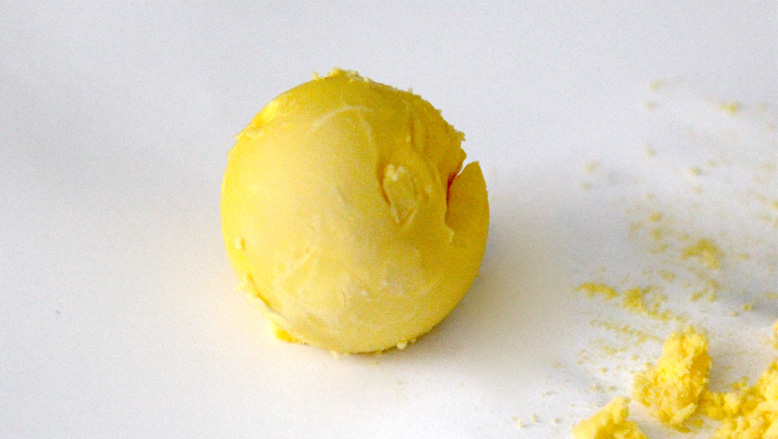 Breast milk a rich source of cholesterol, providing close to six times the amount most adults consume from food. It is a very important component of breast milk and crucial for the health and development babies.
Breast milk a rich source of cholesterol, providing close to six times the amount most adults consume from food. It is a very important component of breast milk and crucial for the health and development babies.
Cholesterol is:
essential for optimal brain development and function,
an important component to all cells of the body,
needed to strengthen the intestinal wall in preparation for digestion of solid foods,
vital to hormone production,
necessary for vitamin D conversion.
At present time, infant formulas do not contain cholesterol, so it’s important for formula feed babies to receive cholesterol rich foods when solids are introduced.
Vitamin D, the sun, & cholesterol
You may know that we obtain vitamin D from the sun, but did you know that the cholesterol on our skin is what makes this process possible? Again Mother Nature provides us foods with the perfect symbiotic relationship.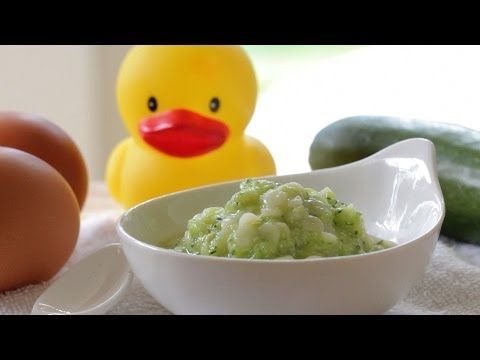
Foods containing cholesterol > also contain vit D3 > and contain fat (needed to absorb the vitamin D).
That’s why getting vitamin D from foods and the sun is more effective than from supplementation. This is another complication of eating a low cholesterol diet, because they also typically equate to a diet deficient in vitamin D.
Egg yolks as finger food
Egg yolks make a wonderful first food for babies. They contain an easily absorbable iron (heme iron) that babies start to require more of around the time solids are introduced. If the eggs are pasture raised they also contain the powerful fat needed for babies brains, DHA.
Egg yolk was the first food I offered my son, but it was from a boiled egg which crumbled and was hard for him to pick up. The following method of preparing egg yolks is much easier for babies to handle, especially younger babies who haven’t fully developed their pincer grasp yet.
Using a spatula, try guiding the yolks into somewhat of a rectangle shape as they cook.

Let the yolks cool and cut lengthwise into strips for an easy, nourishing finger food.
Babies & ToddlersRecipes
Carley Mendes
Egg Yolk, The Perfect First Food for Baby
Spread the love
When I had my first born, like many new mothers, I was overwhelmed and though I purposefully thought twice about many things, what to feed my son as his first food was not one of them. I was duped into the train of thought that a grain cereal, like rice or oat was the way to go.
By the time my daughter was born I had done my research and when she was ready to start eating solids at nine months, we started with some homemade vegetable purees. Though not a bad first choice, I now know that there is something better, which leads me to my third child, who started on his journey with food this morning. Enter the egg yolk.
Before getting into the whys, let me start by explaining some things.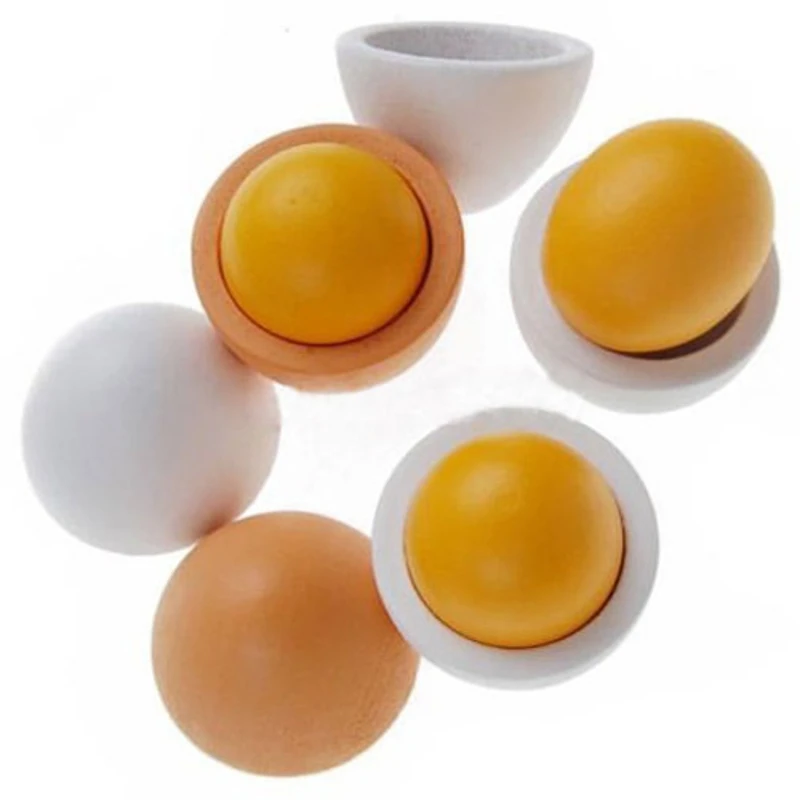 First, breast milk by far contains more nutrients and brain building substances than any solid food, so I don’t recommend starting solids until a baby is fully ready. I also believe that breast milk should be the main source of ‘food’ for a child’s first year of life and that the longer a child is nursed, the better off he or she is as far as receiving the benefits from the wonders of human milk. Second, we all do the best we can with the information that we have, so though I wish I had never given my firstborn
First, breast milk by far contains more nutrients and brain building substances than any solid food, so I don’t recommend starting solids until a baby is fully ready. I also believe that breast milk should be the main source of ‘food’ for a child’s first year of life and that the longer a child is nursed, the better off he or she is as far as receiving the benefits from the wonders of human milk. Second, we all do the best we can with the information that we have, so though I wish I had never given my firstborn junk in a box, rice cereal, I do not beat myself up about the choice that I made.
WHY NOT RICE CEREAL?
Any form of grain-based infant cereal should be avoided. “When flour is refined to make cereal, the most nutritious part of the grain is removed, so the flour essentially becomes a form of sugar”(Mercola).
According to Dr. Mercola, the Weston A Price Foundation, and many leading experts in the alternative health fields, “Feeding infants cereal has been associated with an increased risk of type 1 diabetes and may prime your baby’s appetite for a lifetime of processed carbs in the form of white bread, cookies and cakes. A diet based on these types of refined carbs is responsible for many bulging stomachs and fat rolls in thighs and chins, and even worse, high insulin levels that lead to diabetes and suppress two other important hormones — glucagons and growth hormones — that are responsible for burning fat and sugar and promoting muscle development, respectively. Insulin from excess carbohydrates promotes fat, and then wards off your body’s ability to lose that fat. Excess weight and obesity not only lead to heart disease but also a wide variety of other diseases later in life”(Mercola).
A diet based on these types of refined carbs is responsible for many bulging stomachs and fat rolls in thighs and chins, and even worse, high insulin levels that lead to diabetes and suppress two other important hormones — glucagons and growth hormones — that are responsible for burning fat and sugar and promoting muscle development, respectively. Insulin from excess carbohydrates promotes fat, and then wards off your body’s ability to lose that fat. Excess weight and obesity not only lead to heart disease but also a wide variety of other diseases later in life”(Mercola).
In addition, a baby’s digestive system is immature and does not produce a sufficient amount of the enzyme required to break down the carbohydrates of the grains (Nourishing Traditions).
WHY EGG YOLK?
Egg yolks supply essential nutrients important for the development of the brain, as they are rich in choline, good cholesterol and iron.
“Egg yolk supplies cholesterol needed for mental development as well as important sulphur-containing amino acids.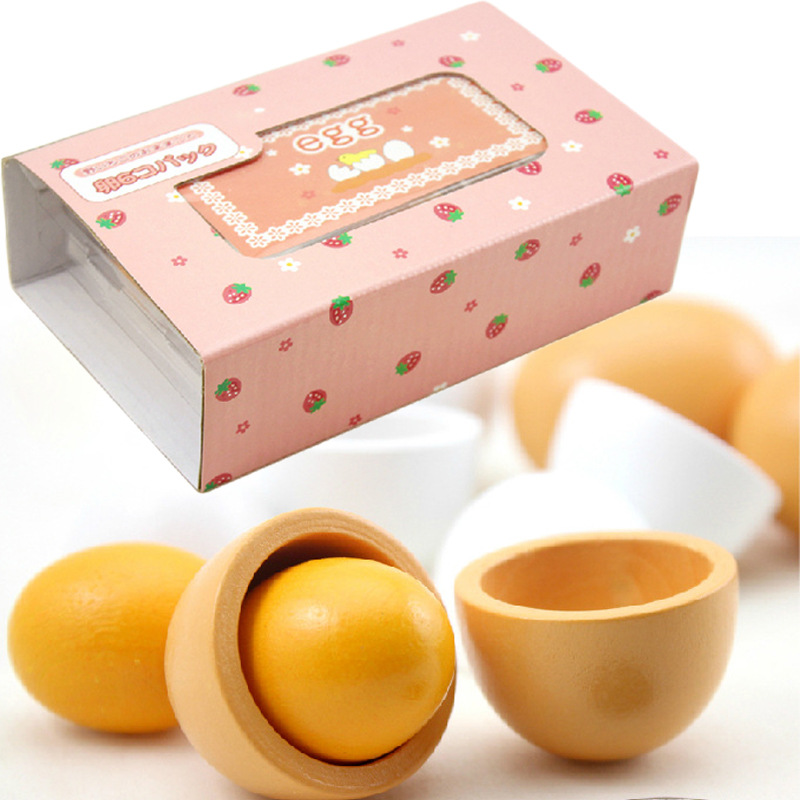 Egg yolks from pasture-fed hens or hens raised on flax meal, fish meal or insects are also rich in the omega-3 long-chain fatty acids found in mother’s milk but which may be lacking in cow’s milk. These fatty acids are essential for the development of the brain. Parents who institute the practice of feeding egg yolk to baby will be rewarded with children who speak and take directions at an early age. The white, which contains difficult-to-digest proteins, should not be given before the age of one year. Small amounts of grated, raw organic liver may be added occasionally to the egg yolk after six months. This imitates the practice of African mothers who chew liver before giving it to their infants as their first food. Liver is rich in iron, the one mineral that tends to be low in mother’s milk possibly because iron competes with zinc for absorption” (Sally Fallon and Mary Enig, PhD).
Egg yolks from pasture-fed hens or hens raised on flax meal, fish meal or insects are also rich in the omega-3 long-chain fatty acids found in mother’s milk but which may be lacking in cow’s milk. These fatty acids are essential for the development of the brain. Parents who institute the practice of feeding egg yolk to baby will be rewarded with children who speak and take directions at an early age. The white, which contains difficult-to-digest proteins, should not be given before the age of one year. Small amounts of grated, raw organic liver may be added occasionally to the egg yolk after six months. This imitates the practice of African mothers who chew liver before giving it to their infants as their first food. Liver is rich in iron, the one mineral that tends to be low in mother’s milk possibly because iron competes with zinc for absorption” (Sally Fallon and Mary Enig, PhD).
HOW TO PREPARE THE EGG
What you need:
1 Farm fresh, free range, organic egg.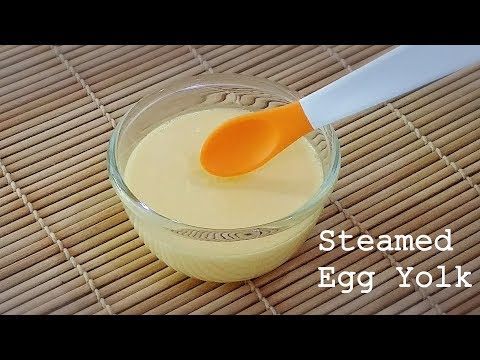 It is super important to make sure that the eggs you use come from healthy chickens on a grass fed diet. See more about this here: Drugs pumped into supermarket chickens.
It is super important to make sure that the eggs you use come from healthy chickens on a grass fed diet. See more about this here: Drugs pumped into supermarket chickens.
1 pot of boiling water
optional – 1/2 teaspoon grated, frozen liver (frozen for at least 14 days)
How to cook a soft boiled egg:
Bring the water to a boil, place the egg in the water and set a timer for 4 1/2 minutes (time will vary depending on altitude). When the 4 1/2 minutes are up, take out the egg and run it under cold water so as not to burn your hands when peeling. Peel the egg and separate the egg white from the yolk, which will still be runny. Make sure that there is no white on the yolk. Grate the liver on top if so desired (as recommended by the Weston A. Price Foundation).
Feeding Baby:
The egg yolk is very rich, so do not give the whole yolk to the baby during his/her first time trying it. Start with one baby spoonful and increase by one spoonful each day until the baby works up to eating the whole yolk.
Yes, he likes it!
RECOMMENDED READING*: Nourishing Traditions and The Nourishing Traditions Book of Baby and Childcare
Works Cited
Sally Fallon and Mary Enig, PhD. Nourishing Traditions. Washington D.C. New Trends Publishing. 1999.
Mercola. Get White Rice Out of Baby’s First Foods. December 2010. Web.
Sally Fallon and Mary Enig, PhD. Feeding Babies. December 2001. Web.
If You’d Like to Learn More About Simple Steps and Remedies for Natural Family Living, Click HERE to Subscribe to Receive Helpful Tips and Information Regarding Raising Your Children Naturally.
*Author’s Note: I often share products that I love and use with my own family. When applicable, I link it to my affiliate status with Amazon as a way to make a few dollars to help keep this website running. Thank you for purchasing through my links!
Baby yolk - when to introduce complementary foods, what is useful
At the age of 7 months, a new product appears in the baby's diet - an egg, or rather, an egg yolk.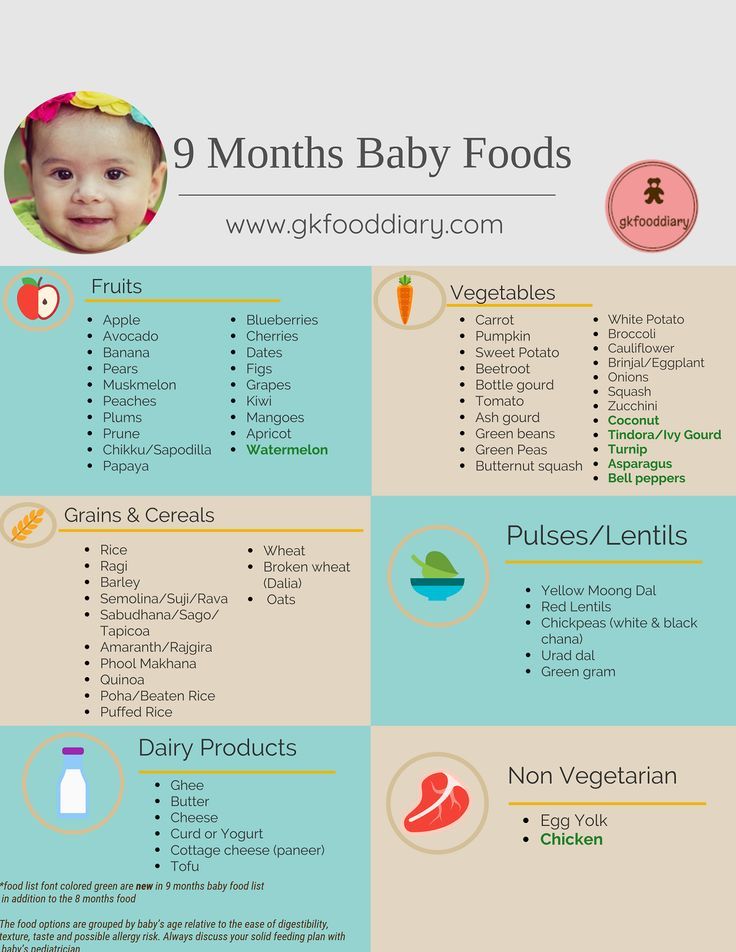 It is unique, because in its small volume essential fatty acids (necessary for the development of the nervous system, for the regulation of metabolism), many trace elements (iron, zinc, iodine, potassium, phosphorus, manganese) and vitamins, including such an important and the right vitamin D.
It is unique, because in its small volume essential fatty acids (necessary for the development of the nervous system, for the regulation of metabolism), many trace elements (iron, zinc, iodine, potassium, phosphorus, manganese) and vitamins, including such an important and the right vitamin D.
However, for all their value, chicken eggs (especially protein) are one of the leaders in the sad list of foods that cause food allergies. Therefore, it is necessary to introduce them into the diet, but this must be done carefully:
Talk to your pediatrician about the best age for your baby to be introduced to a new complementary food. Usually, the yolk is recommended to be introduced into the diet from 7 months. But, perhaps, having assessed the state of health of the baby, the pediatrician will offer to introduce it a little later.
Do not give protein. It is protein that most often causes allergies, and therefore it is not worth giving whole eggs right away. This also applies to egg dishes (for example, omelettes). They are offered to children after a year or a year and a half (if allergic reactions have previously occurred).
They are offered to children after a year or a year and a half (if allergic reactions have previously occurred).
Hard boil. Babies can only be given hard-boiled eggs. This reduces the risk of getting sick with salmonellosis and at the same time slightly reduces the potential allergenicity of the product.
Benefits of egg yolk
Egg yolk is easy to digest, contains many vitamins and minerals necessary for healthy development and rapid growth of the baby. Among them:
vitamin A - to strengthen the immune system, growth of bone tissue and hair, visual acuity;
B vitamins (thiamine - B1 and riboflavin - B2) - for the development of the nervous system, maintaining carbohydrate metabolism and metabolism in general;
vitamin D - for the prevention of rickets and strengthening of bone tissue, as well as for the regulation of metabolic processes;
vitamin E - to prevent anemia, improve tissue regeneration and growth;
vitamin K - to regulate blood clotting, bone formation;
iodine - for the health of the thyroid gland, the full development of the brain and the entire nervous system, the maintenance of immune functions;
polyunsaturated fatty acids - for the functioning of the immune and nervous systems;
Lecithin - to regulate metabolism, brain development, liver cell growth;
iron, phosphorus, potassium - to strengthen the immune system, prevent anemia, rapid growth.
In the first year of life, the child should receive enough nutrients, minerals, vitamins with food. Egg yolks are rich in them, so it is very important that they appear in the baby's diet on time.
When and how to introduce the yolk into complementary foods
According to the National Program for Optimizing the Feeding of Infants in the First Year of Life in the Russian Federation, the yolk appears in the baby's diet at seven months, but sometimes it is introduced at a later age. It depends on how the introduction of complementary foods goes in general, how the child reacts to new products. For example, if he is prone to food allergies, he may need more time to adapt to a new diet.
By the time the egg yolk appears in the diet, the baby should already be familiar with vegetable and fruit purees, dairy-free cereals. At 6–7 months, meat is also introduced and sometimes cereals from previously unfamiliar cereals or milk (usually by six months the child is already familiar with several types of cereals). In order not to provoke a food allergy and control the reaction to complementary foods, it is important to introduce new foods one at a time.
In order not to provoke a food allergy and control the reaction to complementary foods, it is important to introduce new foods one at a time.
There are several rules that are important to follow when introducing yolk into the diet:
For the first few times, give your baby a new food in the morning so that reactions can be assessed throughout the day.
The yolk should be given starting with a small amount - just a few crumbs. If there are no negative reactions, in 3-4 days you can bring the volume up to ¼.
Powdered product can be added to porridge or vegetable puree for a more familiar taste.
· The yolk can only be given hard-boiled. You don't need to use salt or sugar. It is enough to boil the egg, remove the yolk and knead it well to a puree-like consistency.
· Only fresh chicken or quail eggs can be used for feeding up to a year.
· If there are signs of allergy or intolerance (skin rash, itching, restless behavior, changes in stool), temporarily remove the product from the menu and consult a pediatrician.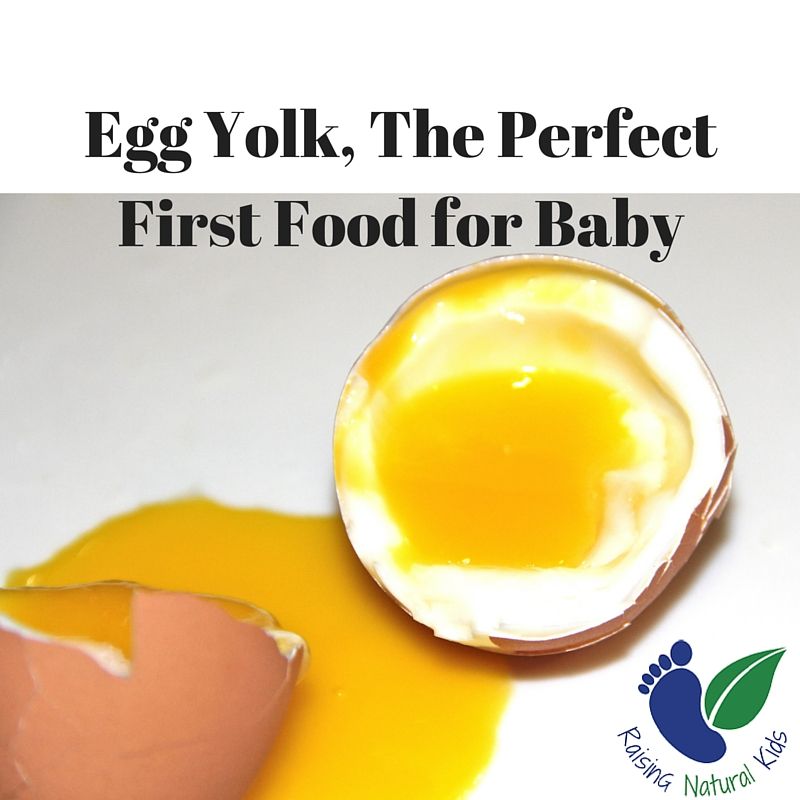
If your baby doesn't like the taste, don't force him to eat. Try suggesting something new in a couple of days. It may take several attempts before the child tries the new product.
How many eggs can be given to a child
At first, the baby will eat only a few grains of the yolk. If everything goes well, you can gradually increase the portion, bringing it to half the yolk closer to the year (at the age of 8-12 months). The product can be given 2-3 times a week.
The diet of children older than 1 year includes not only the yolk of the egg, but also its protein part. Children are recommended to give 2-3 eggs per week, hard-boiled, added to casseroles, cheesecakes and other dishes, in the form of an omelette.
Which egg is better - chicken or quail
Quail eggs differ from chicken eggs in composition. They contain more magnesium and iron, as well as vitamin A, group B, PP. In particular, the content of vitamin B4 (choline) in a quail egg is twice as high.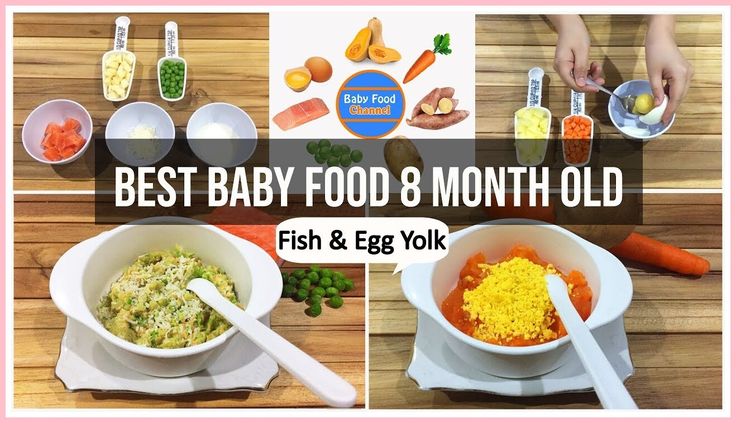 This element is necessary for cell growth, regulation of carbohydrate metabolism and absorption of fats.
This element is necessary for cell growth, regulation of carbohydrate metabolism and absorption of fats.
It is best if the baby eats both types of eggs: chicken and quail. Such complementary foods have several rules:
Hen and quail eggs are introduced alternately at least 2 weeks apart.
· If there is no allergy, you can alternate chicken and quail eggs, giving them 2-3 times a week.
If you are allergic to a chicken egg, you can try to introduce quail eggs into your diet under the supervision of a doctor - perhaps there will be no allergic reaction to it.
When giving quail eggs to a child, their features are taken into account:
They are smaller in size, but despite this, their yolk is also introduced into the diet gradually - from a few grains to half.
· It is important to check that the eggs are accurately hard-boiled (usually only 2-3 minutes is sufficient).
When buying, please check the shelf life. The fresher the eggs, the better.
When egg yolk is included in the children's menu, it can be served for breakfast, lunch or dinner - for example, mixed with Heinz cereals, vegetable or meat purees.
Eggs. Children food. Rules, tips, recipes
Eggs. Children food. Rules, tips, recipesWikiReading
Children food. Rules, advice, recipes
Lagutina Tatyana Vladimirovna
Contents
Eggs
An important role in baby nutrition is played by eggs, which contain a large amount of easily digestible nutrients. For example, the proteins included in their composition are absorbed by 96–97%, and fats by 95%.
In addition, egg yolk contains a whole complex of fat-soluble vitamins A, D, E, valuable amino acids, macro- and microelements.
Until the age of 1.5, only 1 hard-boiled egg yolk mixed with vegetable puree is recommended.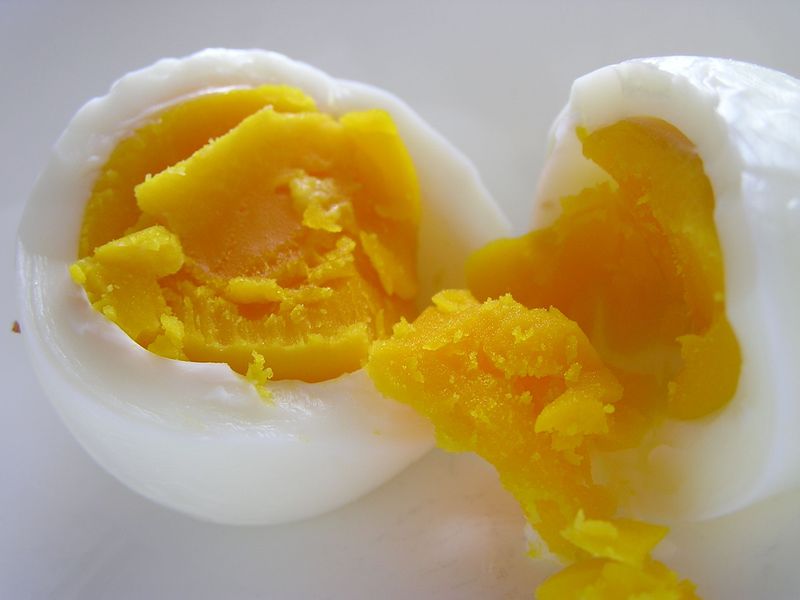
And only by the end of the 2nd year, you can give the whole egg, but not more than 3 times a week. Although it is a product with a high nutritional value, in order to avoid allergic reactions, you should not overfeed your baby with it.
A hard-boiled egg can serve as an independent dish. In addition, it can be used to prepare a wide variety of dishes: cheesecakes, casseroles, omelettes, pancakes, salads, etc.
It should be remembered that raw eggs are absolutely contraindicated for a child.
Quail eggs are now commercially available, which differ from chicken eggs in their higher protein content.
However, they also contain more fat and cholesterol. However, quail eggs can be included in the diet of children with individual intolerance to chicken protein. They should be given 1-2 pcs. per day or every other day.
This text is an introductory fragment.
Eggs
Eggs Eggs are one of the components of the dough.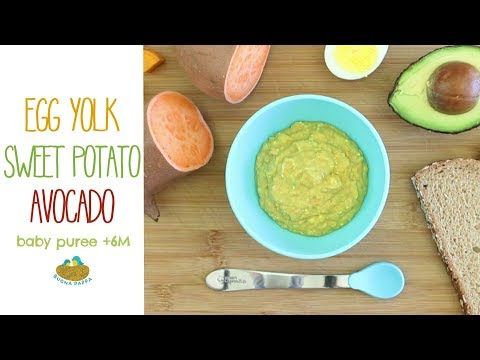 One egg weighs an average of 40–60 g. The protein is 56%, the yolk is 32%, the shell is 12%. In order to separate the protein from the yolk, you need
One egg weighs an average of 40–60 g. The protein is 56%, the yolk is 32%, the shell is 12%. In order to separate the protein from the yolk, you need
Eggs
Eggs Scrambled eggs Dip the eggs in boiling water and cook for 2-3 minutes. Then put in cold water and keep there until cool. Before serving, dip in hot water (not boiling water) and give
Eggs
Eggs Omelette with shredded apples Grind the yolks with sugar, mix with peeled and chopped apples, add whipped proteins. Put oil on the pan. When it boils, put the mixture and brown in the oven. 6 eggs, 0.75 cups of sugar, 3 proteins, 9
Eggs
Eggs The fresher the egg, the better it keeps; take the freshest eggs and put them with bread crumbs, only to fill the void, in a very wide-mouthed bottle, like those in which capers are sold, cork, pour wax and screw the bottle completely hermetically.
Eggs
Eggs In the Christian concept, the egg is a symbol of the new world that came to us with the Resurrection of Christ. The red color of Easter eggs means the joy of the rebirth of the human race. This is the color of the blood of Christ shed for us on the Cross and atoned for all sins
Eggs
Eggs An important role in baby nutrition is played by eggs, which contain a large amount of easily digestible nutrients. For example, the proteins included in their composition are absorbed by 96–97%, and fats by 95%. In addition, egg yolk contains a whole complex of fat-soluble vitamins A, D, E,
Eggs
Eggs One of the components of the dough are eggs. One egg weighs an average of 40–60 g. The protein is 56%, the yolk is 32%, the shell is 12%.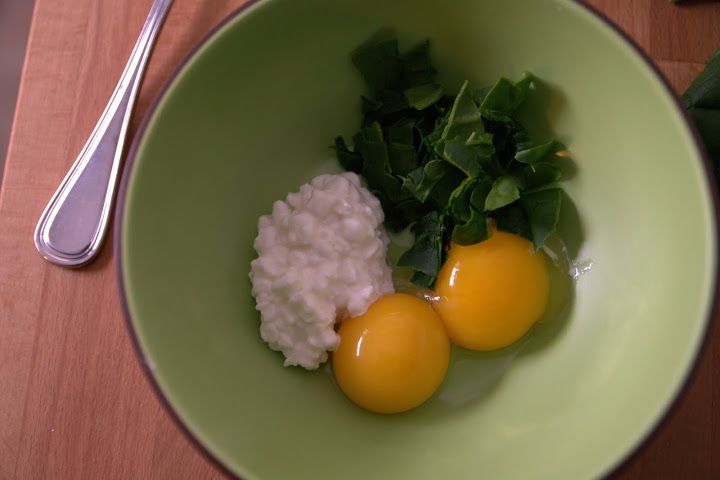 Sometimes the recipe indicates that the proteins should be beaten and the yolks should be ground with sugar. In order to separate the protein from the yolk, you need
Sometimes the recipe indicates that the proteins should be beaten and the yolks should be ground with sugar. In order to separate the protein from the yolk, you need
Eggs
Eggs Let's start with the Latin expression "ab ovo". Literally translated, it means “from the egg”, but in general the expression is usually used when they want to remember a story, start from the very beginning. The origin of "ab ovo" is associated with the custom of the ancient Romans to start dinner precisely from
Eggs
Eggs To prevent the egg from bursting during cooking, the blunt end of it is pierced with a needle. A cracked egg will not leak out if it is boiled in salted water. Hard-boiled eggs are immediately cooled with cold water immediately after boiling, not only to facilitate their cleaning, but also to ensure that
Eggs
Eggs Eggs are a very concentrated food and should not be used often, even if the person is physically active.